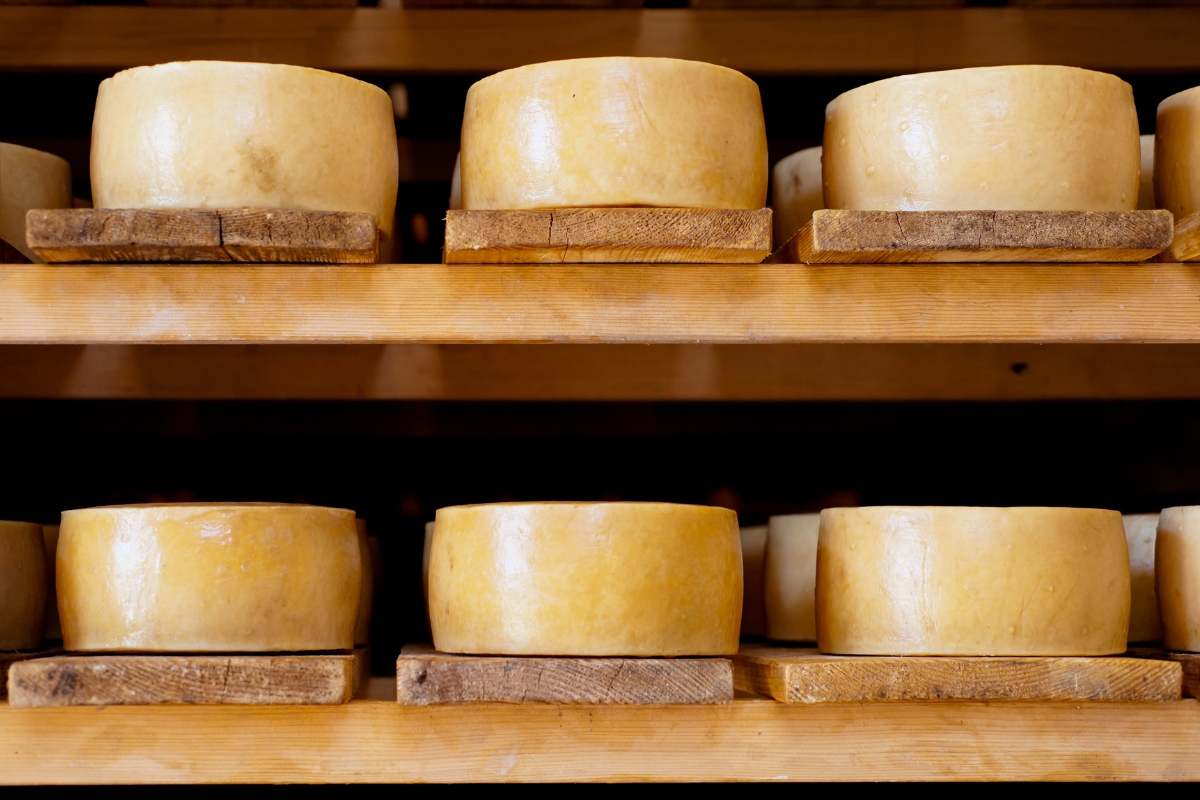The tale of Portugal unfolds like a captivating novel. From ancient beginnings and unwelcome conquests to its emergence as a global maritime power during the Age of Exploration, Portugal's history is a tale of resilience, innovation, and exploration.
Ancient origins
The history of Portugal can be traced back to prehistoric times when it was inhabited by Celtic and Iberian tribes. The region that would become Portugal was later incorporated into the Roman Empire, and the Roman influence is still evident in the country's language and culture. During this period, the city of Olissipo (modern-day Lisbon) was an important Roman settlement.
Moorish rule
In the 8th century, the Moors, a North African Muslim civilization made famous by Shakespeare’s Othello, invaded the Iberian Peninsula. Portugal, like much of the Iberian Peninsula, fell under Moorish control. The Moors left a lasting legacy in Portugal, with their architectural and cultural influences still visible in many parts of the country, particularly in the southern region of Algarve.
P is for Portugal
Section Type: standardWidthImageS
A statue of Afonso Henriques stands outside the Palace of the Dukes of Braganza in Guimarães, Portugal.

Portugal began to take shape as a distinct entity in the 12th century when Afonso I, also known as Afonso Henriques, declared himself the first King of Portugal in 1139. This marked the beginning of Portugal as a nation-state, and Afonso I embarked on a mission to expand and consolidate his territory. By 1179, Portugal had gained recognition from the Pope as an independent kingdom.
The Age of Exploration
One of the most significant chapters in Portugal's history is the Age of Exploration, which began in the 15th century. Under the leadership of Prince Henry the Navigator, Portuguese explorers set sail to chart unknown waters and establish trade routes to Africa, Asia, and the Americas. This period saw the discovery of several important trade routes, including the sea route to India, pioneered by Vasco da Gama in 1498.
Section Type: standardWidthImageS
16th Century Portuguese and Spanish trade routes during the Age of Exploration

Portugal's exploration efforts led to the establishment of a vast overseas empire, which included territories in Africa, Asia, and South America. Lisbon, the capital of Portugal, became a major center for trade, culture, and innovation. Portuguese explorers and traders played a crucial role in connecting the Old World and the New World and they remain some of the most important figures in global history.
The Age of Empire
Portugal's overseas empire reached its zenith in the 16th century, making it one of the most powerful nations in the world. The wealth brought from colonies, including Brazil, funded grand projects such as the construction of the Jerónimos Monastery in Lisbon, a masterpiece of Manueline architecture.
Section Type: standardWidthImageS
The Jerónimos Monastery is an important example of Manueline architecture, with vaulted ceilings and sophisticated decorative elements.

However, maintaining such a vast empire came at a cost, and Portugal faced numerous challenges, including competition with other European powers and the strain of managing far-flung colonies. The 1755 Lisbon earthquake, one of the deadliest earthquakes in history, also dealt a devastating blow to the country.
Decline and rebirth
The 17th and 18th centuries witnessed a gradual decline of Portugal's empire, as it struggled to keep up with the rapidly changing global dynamics. In 1807, during the Napoleonic Wars, Portugal was occupied by French forces. The Portuguese royal family fled to Brazil, which had become a crucial part of the empire by that time. This period of upheaval sowed the seeds of change, and it wasn't long before Brazil declared its independence from Portugal in 1822.
With the loss of its largest colony, Portugal faced a period of political instability and economic decline. The 19th century saw multiple revolutions and changes of government. It was only in 1910 that Portugal became a republic, ending the monarchy that had lasted for nearly eight centuries.
The Salazar Era
The 20th century brought significant political turmoil to Portugal. In 1926, a military coup led to the establishment of a dictatorship under António de Oliveira Salazar. The Estado Novo, or New State, as Salazar's regime was called, lasted for nearly half a century and was marked by authoritarianism, censorship, and a closed economy.
Section Type: standardWidthImageS
António de Oliveira Salazar portrait, circa 1968.

Salazar’s New York Times obituary makes for interesting reading:
An anomaly among modern dictators, Antonio de Oliveira Salazar exemplified the power of a negative personality. He was ascetic rather than exuberant; aloof rather than gregarious; professorial rather than demagogic; understated; rather than ostentatious. Yet he held Portugal in thralldom for more than 40 years, a record of durability unmatched by Francisco Franco, Benito Mussolini or Adolf Hitler, his flashier Fascist counterparts and good friends.
The Carnation Revolution and modern Portugal
The turning point in modern Portuguese history came in 1974 with the Carnation Revolution. This peaceful military coup ended the Estado Novo regime and ushered in a period of democratic reforms. Portugal transitioned into a democratic republic, and a new constitution was adopted in 1976.
Portugal's entry into the European Economic Community (EEC), later known as the European Union (EU), in 1986 brought economic stability and growth to the country. Today, Portugal is a member of the EU and the Eurozone, and its economy has diversified, encompassing tourism, agriculture, technology, and renewable energy sectors.
Section Type: cta
For a small country Portugal has an outsized past. Why not relive this fascinating history with SA Expeditions? Check out our most popular Portugal itineraries, then speak to a Destination Expert about writing your own Portuguese history book.

 Europe
Europe Europe
Europe